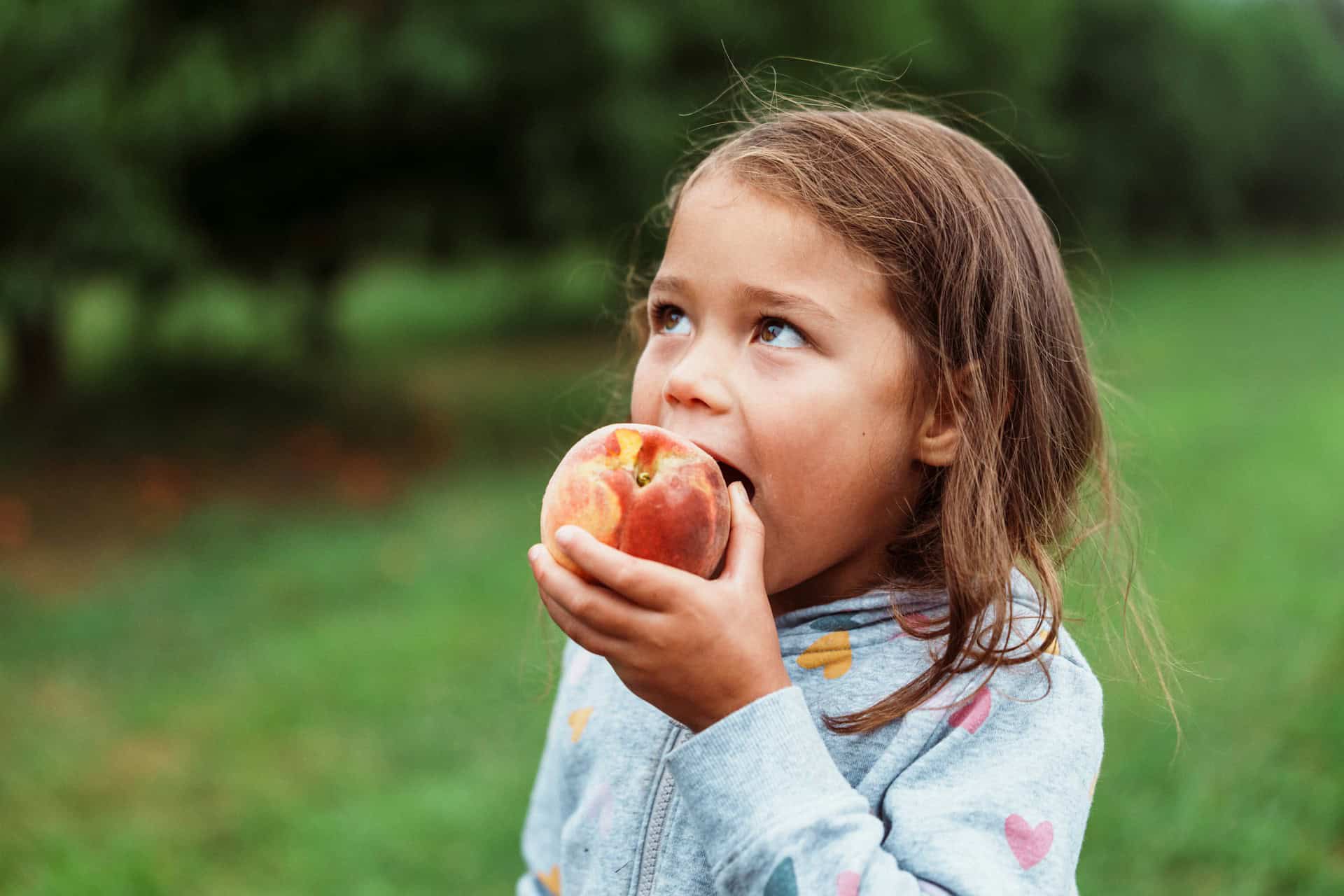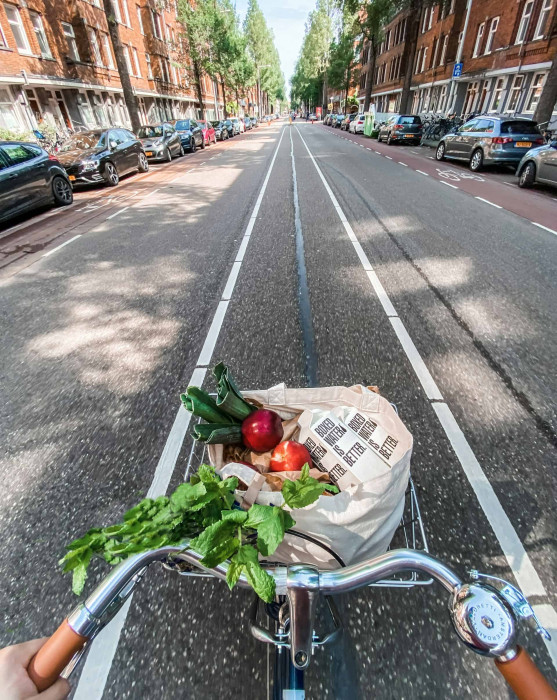
"Your Plate's Choice Today Determines the Planet's Health Tomorrow."

Photo by Boxed Water Is Better on Unsplash

Photo by Kyle Glenn on Unsplash

Photo by Noah Buscher on Unsplash

Photo by Margot RICHARD on Unsplash





© SR Digital - Alinear Indonesia. All rights reserved.
Home | About Us | Smart Publication: ID | EN | JP | Business & Partnerships | Contact us | Sitemap